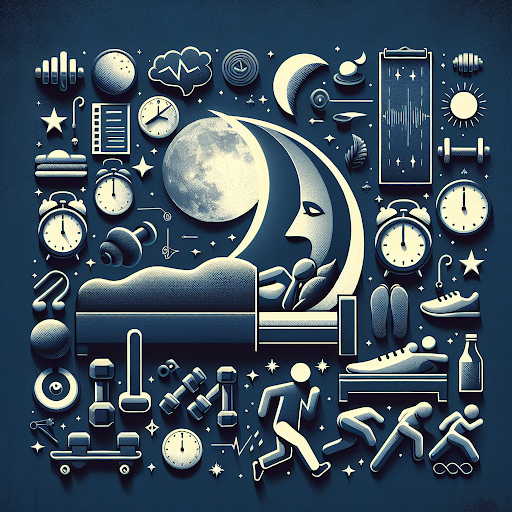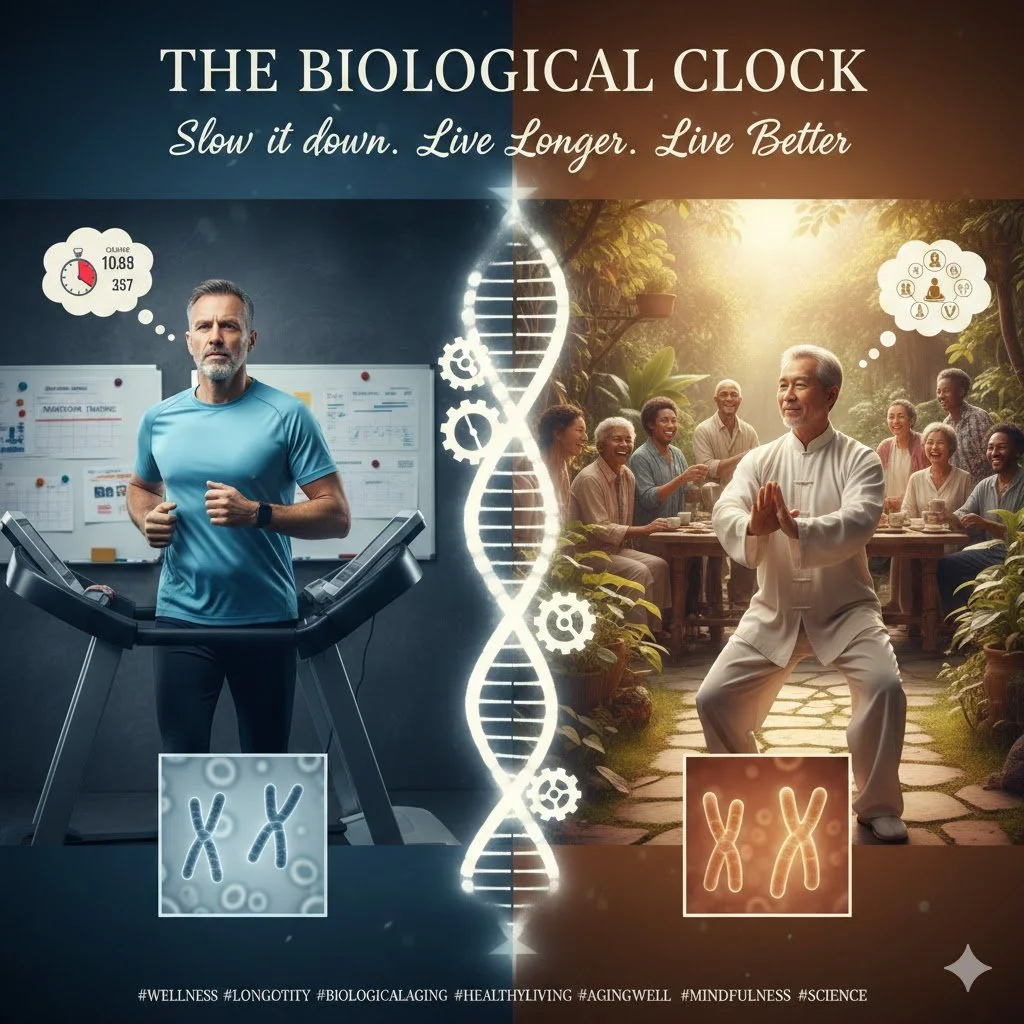Early Bedtime Boosts Next-Day Activity
The Early Bird Gets the Workout: How Your Bedtime Could Be Sabotaging Your Fitness Goals
We've all heard the age-old advice about getting enough sleep and exercising regularly. But what if the secret to crushing your fitness goals isn't about choosing between an extra hour of sleep or that morning workout? What if it's actually about *when* you hit the pillow?
A groundbreaking Harvard study has just flipped the script on everything we thought we knew about the sleep-exercise connection, and the findings might just revolutionize how you think about your evening routine.
The Discovery That Changes Everything
Picture this: Two people, both getting exactly 7 hours of sleep. One goes to bed at 10 PM and wakes at 5 AM. The other stays up until 1 AM and sleeps until 8 AM. According to conventional wisdom, they should have similar energy levels for physical activity the next day, right?
Wrong.
Harvard researchers discovered that the early sleeper is significantly more likely to engage in moderate-to-vigorous physical activity the following day. And here's the kicker – this happens even when both people get the exact same amount of sleep.
The Numbers Tell a Compelling Story
The study, conducted between 2021 and 2022, analyzed anonymous data from thousands of WHOOP health tracker users, with findings verified through the NIH's All of Us study using Fitbit devices. What they found was nothing short of remarkable:
The most dramatic differences appeared between short sleepers (logging about 5 hours) and long sleepers (enjoying about 9 hours). When short sleepers went to bed earlier, they engaged in a whopping **41.5 more minutes of physical activity** the next day compared to their late-night counterparts.
Let that sink in. That's nearly three-quarters of an hour of additional movement – enough for a solid gym session, a lengthy walk, or a heart-pumping HIIT workout – all from simply shifting bedtime earlier.
Why Timing Trumps Duration
For years, we've been locked in a mental tug-of-war, believing that sleep and exercise compete for our precious time. Stay up late to squeeze in that workout, or skip the gym to catch extra Z's? This study suggests we've been asking the wrong question entirely.
The real game-changer isn't choosing between sleep and exercise – it's recognizing that they're dance partners, not rivals. When you go to bed earlier, you're not just setting yourself up for better sleep; you're priming your body for increased physical activity the next day.
Think about it from your body's perspective. Early sleep aligns better with our natural circadian rhythms. Our bodies evolved to wind down when darkness falls and become active with daylight. Fighting against these ancient biological programs by staying up late might leave us technically rested but metabolically sluggish.
The Ripple Effect on Your Life
Consider what an extra 40+ minutes of daily physical activity could mean for your life:
- Weight management: That's potentially 290 extra minutes of exercise per week
- Mental health: More movement means more endorphins and better mood regulation
- Energy levels: Physical activity begets energy, creating an upward spiral of vitality
- Sleep quality: More daytime activity often leads to deeper, more restorative sleep
It's not just about the immediate benefits either. This creates what researchers call a "virtuous cycle" – earlier sleep leads to more activity, which promotes better sleep, which fuels even more activity. It's the compound interest of healthy habits.
Breaking the Night Owl Habit
If you're reading this at midnight, don't panic. The beauty of this discovery is its simplicity. You don't need a expensive gym membership, a personal trainer, or superhuman willpower. You just need to gradually shift your bedtime earlier.
Start small. Try moving your bedtime 15 minutes earlier each week. Set a "wind-down" alarm an hour before your target bedtime. Create an evening ritual that signals to your body it's time to prepare for sleep – dim the lights, put away screens, maybe try some light stretching or reading.
Remember, the WHOOP study participants were already fitness-oriented individuals, which might explain why the effects were even stronger in that group. But the All of Us study, which included a broader population sample, still showed the same pattern. This isn't just for fitness fanatics – it's for anyone looking to naturally boost their daily activity levels.
The Future of Fitness Might Be In Your Bedroom
The Harvard team isn't stopping here. They're planning controlled experiments to test whether actively encouraging earlier bedtimes directly causes increased physical activity. If confirmed, this could reshape public health guidelines, putting as much emphasis on sleep timing as we currently place on sleep duration.
Imagine a world where doctors prescribe "bedtime shifts" alongside exercise routines. Where fitness apps track not just your steps and calories, but optimize your sleep schedule for maximum next-day activity. Where the question isn't "Did you get your 8 hours?" but "When did those 8 hours happen?"
Your Move
Tonight, you have a choice. You can stay up scrolling, binge-watching, or catching up on work, telling yourself you'll make up for it with extra sleep tomorrow morning. Or you can recognize that those late-night hours might be costing you more than just sleep – they could be stealing tomorrow's energy, motivation, and physical vitality.
The early bird doesn't just get the worm; according to Harvard, it gets the workout, the endorphins, and quite possibly, a transformative shift in overall health and fitness.
So here's the million-dollar question: What time will you go to bed tonight, and how might that decision reshape your tomorrow?
Share your current bedtime and your biggest obstacle to getting to bed earlier in the comments below. Let's start a conversation about how we can collectively shift our sleep culture from "sleep when you're dead" to "sleep smart, live strong."




